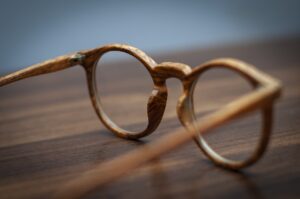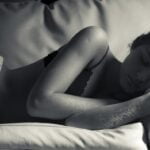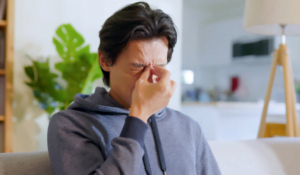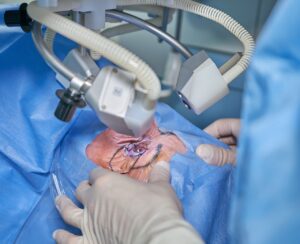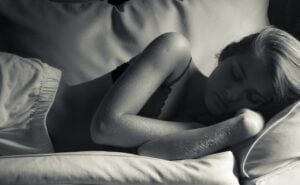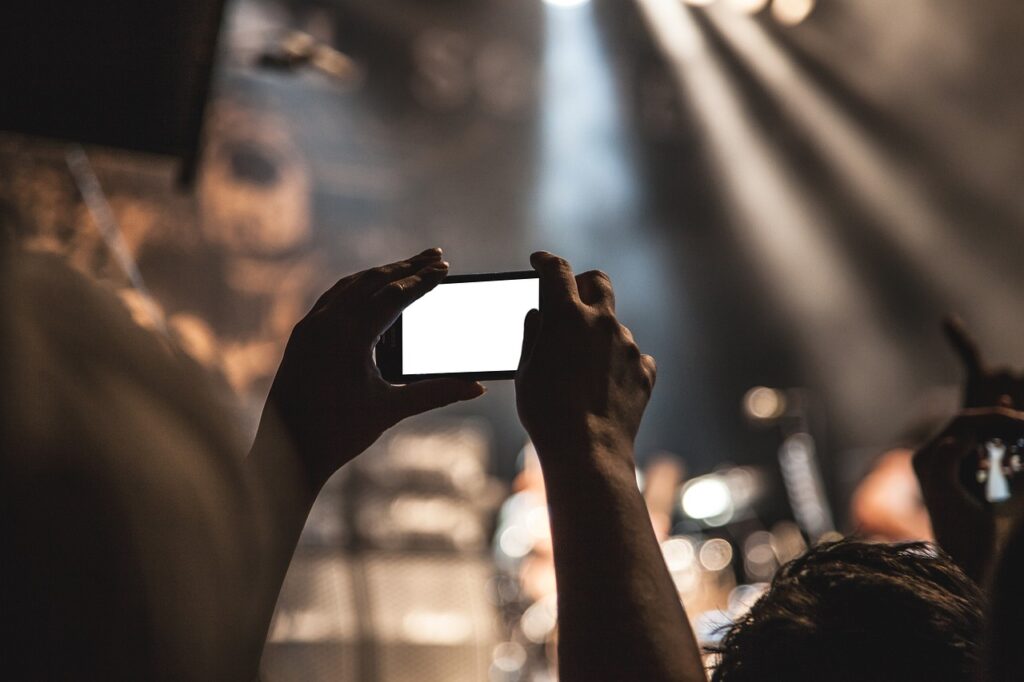
While it may appear easy to use cellphones after dark, there are possible concerns to our eye health that should not be disregarded.
Exposure to blue light
Blue light, which has been connected to eye tiredness and strain, is emitted by smartphone screens. Blue light in the dark can interfere with our natural sleep cycles and make it difficult to fall asleep at night.
Picture Phobia Risk
Additionally, using our cellphones in the dark increases our risk of developing photophobia, a disorder marked by an excessive sensitivity to light. Going outside or driving can be difficult due to photophobia’s tendency to bring on strong headaches and migraines.
Pupil Response
Our pupils widen when we use our phones in the dark to let in more light. Our dilated pupils, however, are forced to rapidly constrict when a bright light is shone straight into them, causing eye strain and possibly obscured vision.
Safeguarding Your Vision
- Restrict Exposure: To lessen exposure to blue light and the chance of developing photophobia, avoid using your smartphone after dark.
- Filters for blue light: To limit blue light emission, use blue light filters or turn on “Night Shift” mode on your phone.
- Screen Brightness at Night: To lessen eye strain, adjust screen brightness when using a computer at night.
- Yearly eye exams: To monitor and preserve the health of your eyes, schedule routine eye checkups with an optometrist.
Conclusion
Using cellphones after dark can have negative implications on our eyes’ health, including more exposure to blue light and a higher chance of developing photophobia. Blue light filters, moderation, and attention to screen brightness are all necessary for protecting our vision. To identify and treat any disorders relating to the eyes, routine eye exams are essential.
Frequently asked questions
An Optometrist can manage and treat photophobia. It is critical to pinpoint the root cause and put the right alleviation measures in place.
Even though “Night Shift” mode lessens blue light output, it is still wise to minimize smartphone use at night and, if necessary, take additional blue light filters into consideration.
Regular breaks, good posture, and the usage of blue light filters can all help lessen the pressure that using a smartphone puts on your eyes.
While photophobia itself may not result in long-term vision problems, it is important to address the underlying reasons to maintain good eye health.
To monitor and preserve the health of your eyes, an eye exam should be scheduled every one to two years, or as indicated by your optometrist.





Recent Articles:

Alleviating Digital Eye Strain: Tips for Screen Users
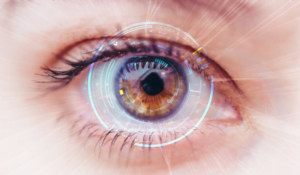
The Truth About Seeing in the Dark

The Myth of Green Improving Eyesight
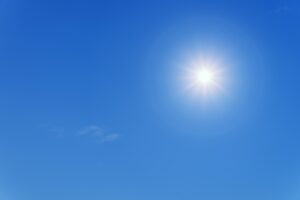
The Dangers of Looking Directly at the Sun
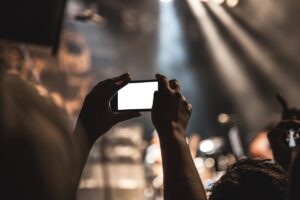
The Risks of Using Smartphones in the Dark on Eye Health
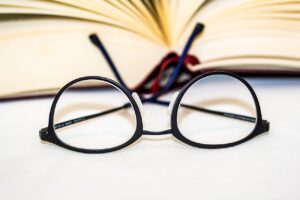
An Examination of Visual Phenomena for “Ghost Images”
